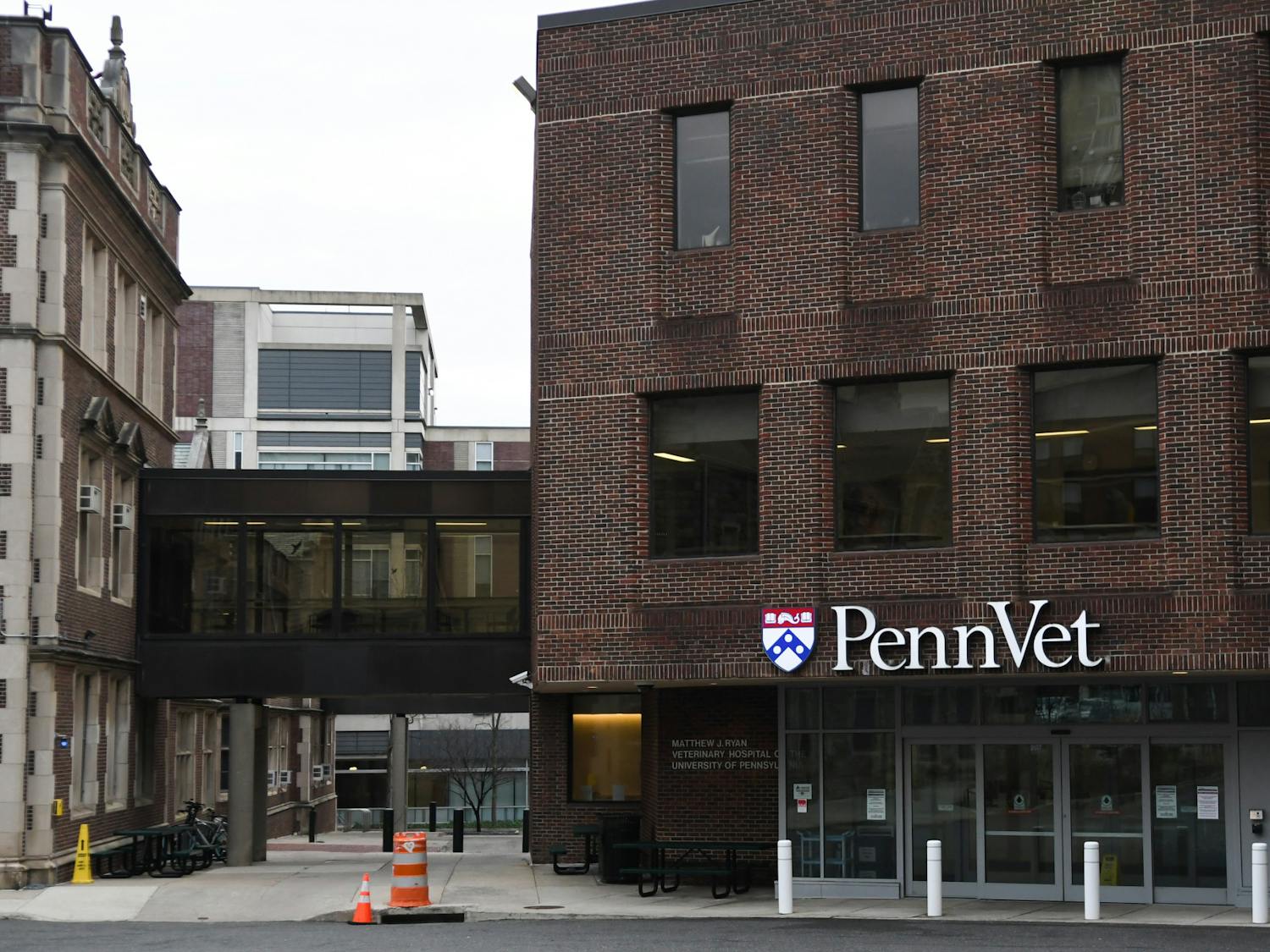Contrary to findings from previous studies, new Penn Medicine research shows a low risk of strokes for patients hospitalized with COVID-19.
The study, published last week in the scientific journal Stroke, found that the majority of hospitalized COVID-19 patients who suffered strokes had preexisting conditions that put them at higher risk for strokes to begin with, Penn Medicine News reported. The study was led by associate professor of neurology in the Perelman School of Medicine Brett Cucchiara.
Preliminary studies had suggested that COVID-19 significantly elevated the risk of strokes. Findings from this study, however, differ from previous research indicating a high risk of stroke among younger COVID-19 patients. In the most recent Penn Med study, the average age of COVID-19 patients was 59 and the average age of those who suffered strokes was 64, meaning that stroke patients fell within the older range of COVID-19 patients, Penn Medicine News reported.
Researchers behind the new study found that out of the 2.4% of hospitalized COVID-19 patients they studied who had strokes, 95% had high blood pressure — a risk factor for strokes. Over half of the patients had diabetes, another risk factor, and over one third of the patients had previously suffered strokes. These results suggest that strokes are more likely tied to patients’ preexisting conditions than COVD-19, Penn Medicine News reported.
The study also found significant racial disparities in the data. Black patients were 68% of the patients in the study, but accounted for 80% of those who suffered strokes, Penn Medicine News reported.
The researchers studied the conditions of 844 COVID-19 patients admitted to the Hospital of the University of Pennsylvania, Penn Presbyterian Medical Center, and Pennsylvania Hospital. All patients studied were hospitalized between the months of March and May, Penn Medicine News reported.
Penn Medicine researchers have pioneered other areas in other areas of COVID-19 treatment research. In June, Penn Medicine launched a study on the effects of convalescent plasma, blood from recovered COVID-19 patients, on current patients. The study included pregnant and breastfeeding women, a group often excluded from scientific trials.
Immunotherapy professor at the Perelman School of Medicine Carl June is currently working on finding medicine to treat COVID-19 after recovering from the disease himself.









